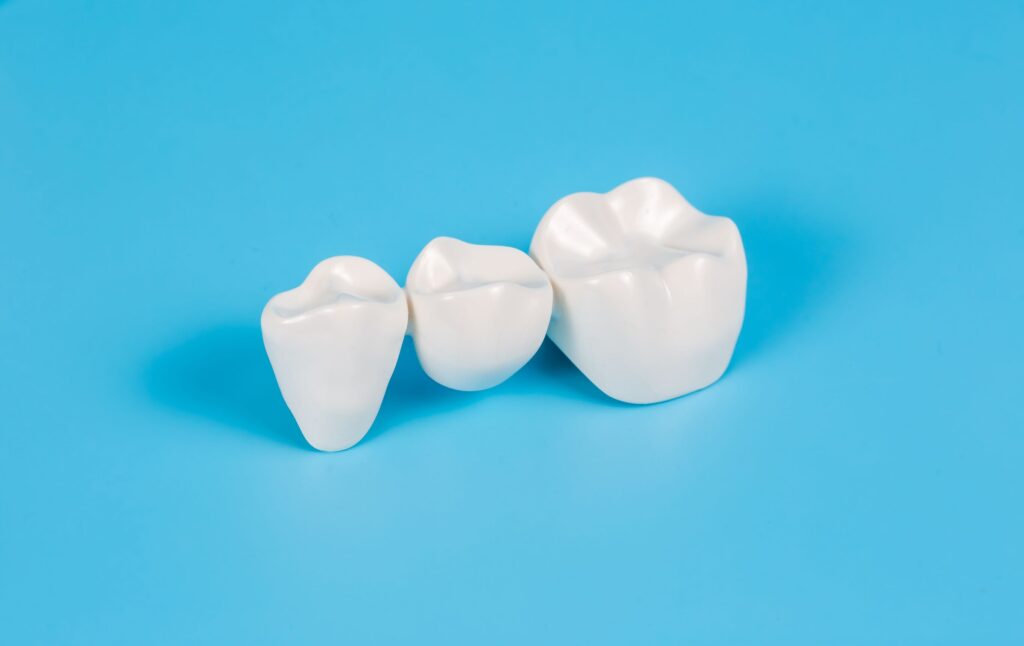
Did you know that sources estimate that approximately 178 million American adults are missing at least one permanent tooth? Whether you have a single gap in your grin or have lost several teeth consecutively, your dentist can rebuild your smile with a dental bridge.
This restoration contains the correct number of teeth sandwiched between two dental crowns that are anchored to healthy abutment teeth or implants in your mouth. However, you must care for them properly to prevent potential failure. Continue reading to learn 3 issues that can harm your new teeth and how to avoid them!
Concern #1: Poor Oral Hygiene
Dental bridges are not made from the same organic materials as your enamel, so they won’t develop disease or decay the same way. But that doesn’t mean that you no longer need to worry about your oral health.
Cavities are contagious and can spread from one tooth to another, or even penetrate your jawbone, which can weaken it and contribute to additional tooth loss. You should brush and floss twice daily to consistently remove plaque and bacteria that are known to cause common concerns, such as cavities, gum disease, and other issues. Additionally, visiting your dentist every six months enables them to monitor your condition, allowing them to catch and treat areas of concern, such as a destabilized dental bridge, before they progress.
Concern #2: Unhealthy Habits
Do you tend to anxiously nibble pen caps or your fingernails, or do you suffer from nighttime bruxism (chronic tooth grinding)? If so, your daily habits could eventually affect your dental bridge.
For example, the added pressure of constantly clenching can prematurely erode the ceramic material, causing it to crack or chip, which can lead to destabilization or dislodgment. Your dentist can provide a customized nightguard to add extra cushion between your upper and lower arches, shielding your remaining natural teeth and dental work from harm.
Concern #3: Dietary Decisions
Your dental bridge closes wider spaces in your smile so you can once again eat and speak more confidently, but you still must exercise caution to avoid damaging them. For instance, eating overly hard, crunchy, or sticky foods can potentially injure your restoration or push or yank it out of place. Also, consuming overly sugary snacks attracts harmful bacteria that can cause decay and disease, so it’s best to minimize your consumption.
Your dentist will likely provide a list of special care instructions after placing your dental bridge to help you keep it in excellent condition for years to come!
About the Practice
Patients at St. Albans Dental benefit from a team of dentists passionate about helping families enhance their lives by improving their dental condition. Dr. Aten, Dr. Cone, and Dr. Davico collaborate to provide a comprehensive menu of services to meet all your needs at one convenient location, including dental bridges. They utilize state-of-the-art technology to design and place lifelike, long-lasting replacement teeth to restore your smile’s appearance and functionality. You can request an appointment on the website or call (802) 524-4844.
